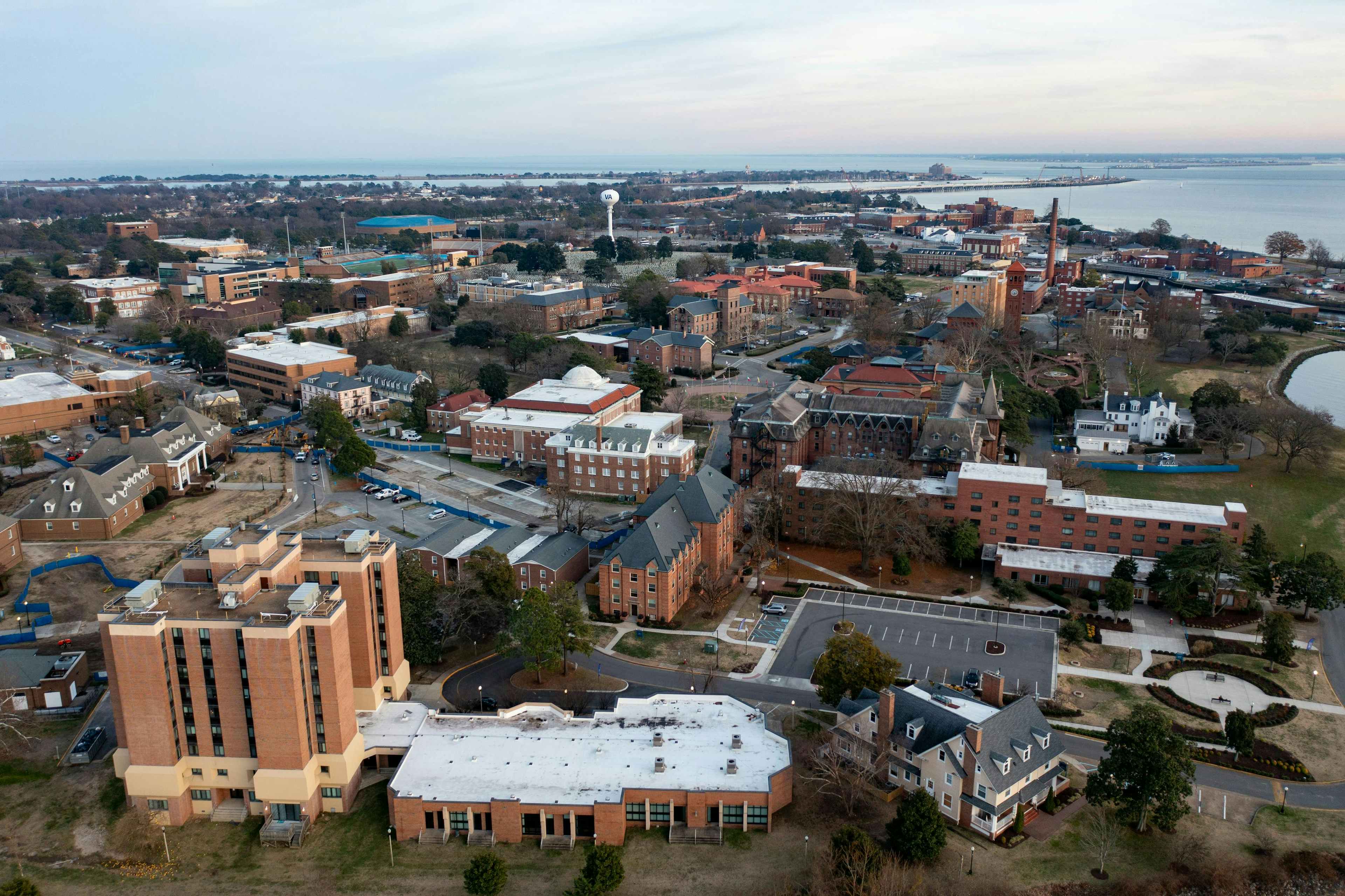Everything You Need to Know About Historically Black Colleges & Universities (HBCUs)

More than 150 years ago, the end of the Civil War marked the founding of the first school now considered a historically black college and university (HBCU). These included Cheyney University of Pennsylvania, University of the District of Columbia (then known as Moner School for Colored Girls), Lincoln University, and Wilberforce University. Until the Civil Rights movement of the 60’s, these schools and other HBCU’s were the only path to a higher education that Black Americans could pursue.
Today, HBCUs like Howard University, Tennessee State, and Morehouse College boast alumni like Martin Luther King, Jr., Oprah Winfrey, Lionel Richie, Sean Combs, and many more.
Are you a high school student curious about potentially attending one of these prestigious schools? Here are answers to a few of the commonly asked questions about HBCUs.
How Does an HBCU Get That Designation?
The Higher Education Act of 1965 defines an HBCU as “any historically Black college or university that was established prior to 1964, whose principal mission was, and is, the education of Black Americans, and that is accredited by a nationally recognized accrediting agency or association determined by the Secretary of State.”
Are all Black colleges HBCUs? No; it depends on when they were established. Newly founded colleges don’t fit the definition of an HBCU.
Who Can Apply to an HBCU?
HBCUs were first launched with the goal of educating Black students. But today, students of all races can enroll in these schools. In fact, many HBCUs actively promote their increased diversity. The National Center for Education Statistics reports that in 2018, non-Black students accounted for 24% of the students enrolled at HBCUs. That’s an increase from 15% in 1976.
What Advantages Does an HBCU Have to Offer?
HBCUs still enjoy popularity thanks to the many advantages they offer to students. The UNCF reports that the cost of attending an HBCU is 28% less than the cost of attending a similar non-HBCU university, making HBCUs a highly affordable education option. The UNCF report also notes that HBCU graduates reported that they received better support and engagement at an HBCU school, when compared to their peers who attended non-HBCUs. An interesting stat from the UNCF report:
“Currently, 25% of African American graduates with STEM degrees come from HBCUs, meaning HBCUs are one of the most effective forces helping to diversify the STEM field both in the educational and professional realms. In general, HBCUs boast an impressive success rate when it comes to retaining and graduating first-generation, low-income African American students.”
Do HBCUs Offer Pre-College Programs for High School Students?
If it’s your dream to attend an HBCU, and you’d like to find one with enrichment classes for teens, here are a few options:
Morehouse College offers programs from elementary schoolers all the way to high school students. Subject areas cover topics such as humanities, sciences, arts, and technology.
High school students can sign up for on-campus programs, rigorous classes that help prepare them for college.
Spelman College’s College Preparatory Institute has a rich array of summer programs designed to give teens a jumpstart on college. On-campus programs include topics including art history and early college. There is also a popular Women In STEM program.
Prairie View A&M University offers summer bridge programs for incoming freshmen as well as summer camps and programs for those 17-years old and younger. The school’s Youth and Teen and Teen Summer Camps include a variety of STEM camps, college and career camps, sports camps, and PK-8th grade camps.
Hampton University offers more than 21 enrichment programs for everyone from elementary to college-age students. This includes a pre-college summer bridge program for high school seniors, as well as a computer science program for in-coming freshmen, and the Hampton University Marine and Environmental Science Summer Bridge Program.
HBCUs Continue to Thrive
Not only are they a matter of pride to the Black community, but HBCUs continue to grow in diversity and offer significant financial support to their students. According to the National Center for Education Statistics, as of 2022, there were 99 accredited HBCUs located in 19 states, the District of Columbia, and the U.S. Virgin Islands. And, 90 percent of all undergraduate students at HBCUs received some kind of financial aid. HBCUs offer all students, regardless of race, an opportunity to develop their skills and talents.
Though Prelum does not currently partner with any HBCUs directly, we’re always looking to grow and expand our university partnerships.
HBCUs, created more than 150 years ago, are historically significant Black colleges and universities that continue to thrive. They have also successfully grown the diversity of their student population in the last few decades. So, whether you’re looking for a summer course for teens, or you are intent on finding your future at an HBCU, the choices are rich. Plus, giving yourself the opportunity to try out a college while you’re still in high school is a huge leg up.
Recommended Articles

